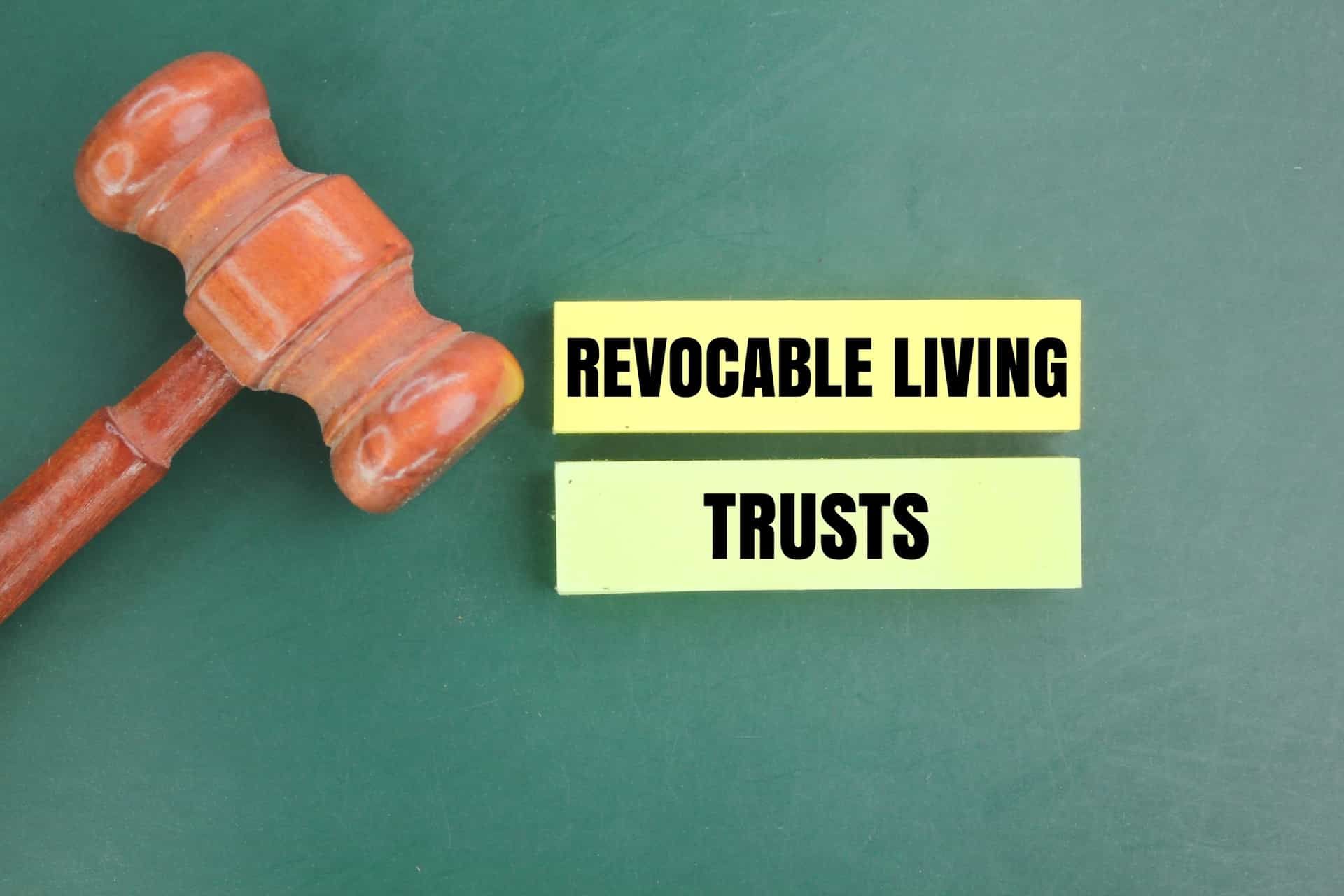What Happens when a Fiduciary is the Benefactor of a transfer made by the Principal?

Question: What happens in Illinois when a power of attorney or other fiduciary ends up being the primary benefactor of a transfer made by the Principal?
Answer: It depends.
Unfortunately, there is no simple answer to that question as Illinois Appellate Court Districts have taken vastly different approaches to making a decision. There are two general theories. First, if a fiduciary relationship exists then any transfers the benefit the fiduciary are presumed fraudulent. Second, if a statutory joint tenancy transfer or transfer on death direction is executed by a principal then there is presumed donative intent by principal and it is presumed a gift.
Illinois law is well established that if a petitioner shows that a fiduciary relationship exists between two people, any transaction between those parties in which the agent (fiduciary) profits or benefits is presumed to be fraudulent. In that instance, the agent (fiduciary) has the burden of proving by clear and convincing evidence that the transaction was fair and equitable and did not result from the agent’s undue influence over the principal. In re Estate of Teall, 329 Ill.App.3d 83, 87, 768 N.E.2d 124, 129 (2002 ); Lemp, 170 Ill.App.3d at 757, 121 Ill.Dec. 397, 525 N.E.2d at 206. Simply put, if an individual can prove that a person who benefitted from a transaction (gift) with the principal was also a fiduciary to the principal, the transaction (gift) will be presumed fraudulent and the fiduciary would have the burden of proving the transaction was not fraudulent and that the principal intended it to be a valid gift.
Illinois law, however, is also well established that there is a presumption of donative intent (presumed a gift) that arises upon the creation of a statutory joint tenancy or a transfer on death direction. The party claiming adversely to the instrument creating the joint tenancy or transfer on death account has the burden of proving by clear and convincing evidence that a gift was not intended. Harms, 236 Ill.App.3d at 634, 177 Ill.Dec. 256, 603 N.E.2d 37, citing Murgic v. Granite City Trust & Savings Bank, 31 Ill.2d 587, 589, 202 N.E.2d 470 (1964). In other words, if a joint tenancy account is created then it is presumed that the principal intended for the funds to be a gift to the fiduciary and it is the burden of the petitioner to prove that the gift was not intended.
The five (5) Illinois Appellate Court district opinions and approaches are divided as follows:
- First District: In In re Estate of Wilkening, 109 Ill.App.3d 934, 441 N.E.2d 158 (1st Dist. 1982), the First District held that in the absence of abuse of the fiduciary relationship, the presumption of donative intent controls. In In re Estate of Teall, the First District discussed the competing presumptions and then affirmed the trial court’s ruling that the account was created for convenience, but did not mention Wilkening. 329 Ill.App.3d 83, 768 N.E.2d 124 (1st Dist. 2002). The Teall court appears to have adopted the reasoning of the Fourth District in In re Estate of DeJarnette (discussed below) and the Fifth District in In re Estate of Miller, 334 Ill.App.3d 692, 778 N.E.2d 262, 268, 268 Ill.Dec. 276 (5th Dist. 2002), cites Teall as authority for the proposition that when the joint tenancy is created after the fiduciary relationship is established, the controlling presumption is one of fraud;
- Second District: In In re Estate of Trampenau, 88 Ill.App.3d 690, 410 N.E.2d 918 (2d Dist. 1980), the Second District distinguished between Copp, supra, and Foster, supra due to the fact that the fiduciary carried out the transaction unilaterally and the alleged donor never signed an agreement to establish a joint tenancy, nor did she sign a signature card. These factors were noted in the First District decision in Wilkening, surpa. Therefore, the court did not reach the question of the competing presumptions and the Second District lower courts can decide on their own;
- Third District: In In re Estate of Copp, 132 Ill.App.2d 974 (3d Dist. 1971), the Third District held that in the absence of abuse or betrayal of confidence, a finding of a fiduciary relationship does not rebut the presumption of donative intent;
- Fourth District: In In re Estate of Harms, 236 Ill.App.3d 630, 603 N.E.2d 37 (4th Dist 1992), the Fourth District court held that if both of the presumptions exist, they cancel one another out, leaving the trial court free to make a determination based on the facts and the credibility of the witnesses. Then in In re Estate of Rybolt, 258 Ill.App.3d 886, 631 N.E.2d 792 (4th Dist. 1994), the Fourth District limited Harms to situations in which the joint tenancy accounts were created before the fiduciary relationship began and deposits made during the fiduciary relationship followed a procedure established before the relationship. The again later in In re Estate of DeJarnette, 286 Ill.App.3d 1082, 677 N.E.2d 1024 (4th Dist. 1997) the Fourth District held that when the attorney-in-fact actively uses his or her position to create the joint tenancies, the presumptions do not cancel. Instead, the controlling presumption is the presumption of fraud; and
- Fifth District: In In re Estate of Foster, 104 Ill.App.2d 447, 244 N.E.2d 620 (5th Dist. 1969), the Fifth District held that it requires a breach of the fiduciary relationship to overcome the presumption of gift. However, the court in Miller, supra, was faced with joint tenancies created before and after a power of attorney was given. The Miller court held that as to joint tenancies created before the fiduciary relationship, the presumption of donative intent controls. As to joint tenancies created after the fiduciary relationship, the presumption of fraud controls.
Overall, the current trend in Illinois courts seems to be to resolve these dueling presumptions by ruling that where the fiduciary actively uses his position to create joint tenancies or transfer on death accounts that the presumptions (donative intent by principal and undue influence by fiduciary) do not cancel; instead, the controlling presumption is the presumption of fraud, which requires clear and convincing evidence by the fiduciary to overcome.” In re Estate of DeJarnette, 286 Ill.App.3d 1082, 1089, 677 N.E.2d 1024 (court held that the decedent’s cousin who had a power of attorney failed to rebut presumption of fraud as to transfers of decedent’s assets into joint tenancy accounts with the cousin, the cousin’s designation as beneficiary of decedent’s life insurance policy and the cousin’s designation as recipient of decedent’s pension as the presumption of fraud requires strong evidence to overcome), citing Rybolt, 258 Ill.App.3d at 890, 631 N.E.2d 792.
Anytime that someone who was or is in fiduciary relationship at law with an elderly person through a power of attorney or other written legal relationship or anytime that someone was or is in a relationship with an elderly person where said elderly person trusts, relies on and is otherwise so close to that elderly person such that a fiduciary relationship has been created then any gifts, transfers or other financial transactions that benefit the fiduciary should be carefully reviewed and scrutinized to ensure those transfers were permissible transactions and should not be reversed.
Disclaimer: The information on this website and blog is for general informational purposes only and is not professional advice. We make no guarantees of accuracy or completeness. We disclaim all liability for errors, omissions, or reliance on this content. Always consult a qualified professional for specific guidance.






